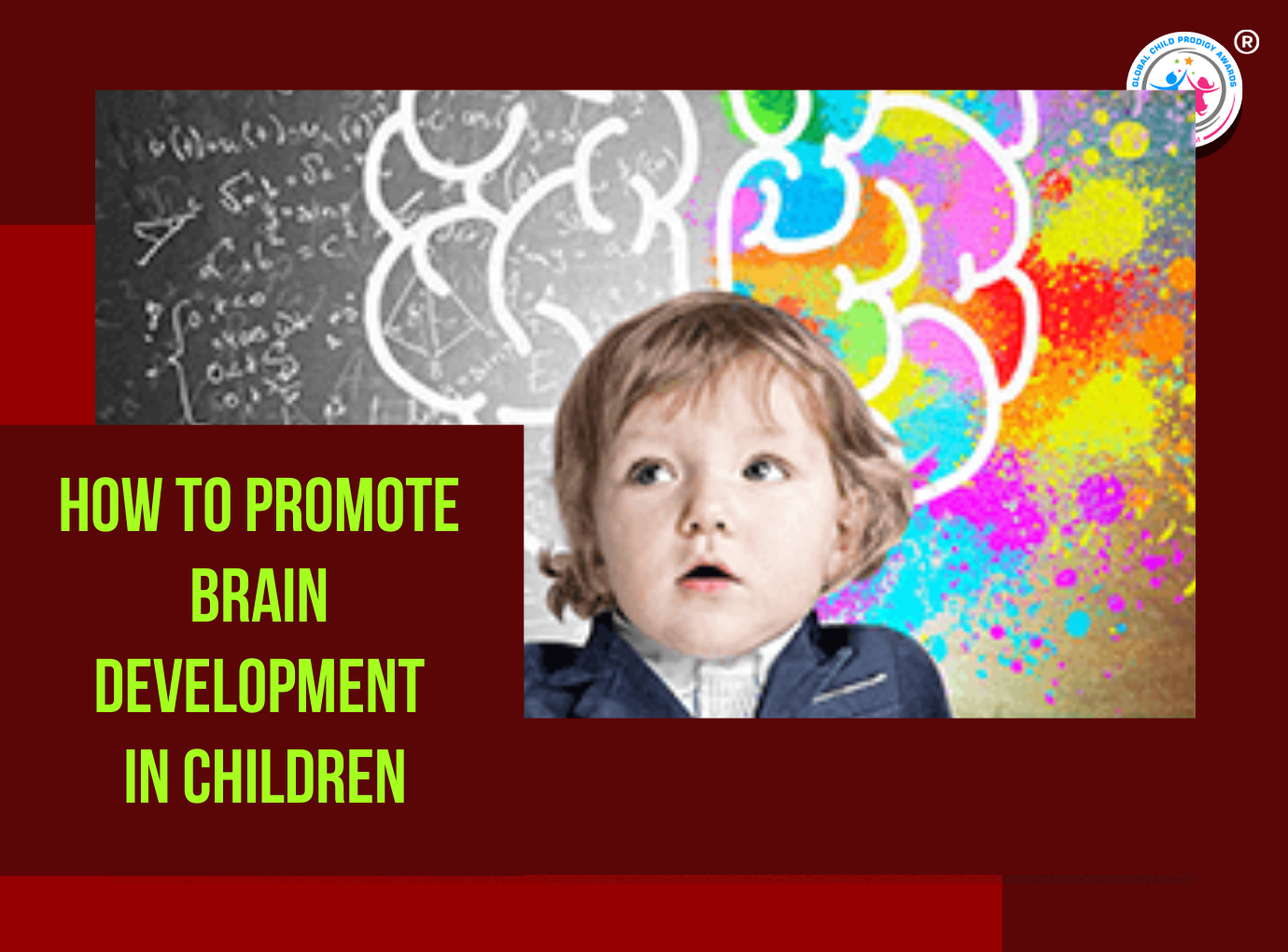A child’s brain undergoes a remarkable development period from birth to three—producing more than a million neural connections each second. The young brain literally changes shape and size in response to everything encountered in the early years of life. Every minor change can affect the brain development in children be it new environment, life experiences, caretakers, and relationships. Although a newborn has about the same number of neurons as an adult, it has only 25% of its adult brain volume.
1.Comfort

Babies can feel stress. Hold and cuddle your baby. Let them know you are there to comfort and help them. Studies show that babies with responsive, loving, and supportive parents handle stress better. This will help in brain development in children.
2.Read
One of the best ways to promote a child’s brain development is reading. Even before babies can recognize letters or words, reading kick starts language and communication skills. Words and pictures stay longer in child’s mind if used simultaneously. Repeating the same things builds recognition. As a child grows, ask him/her to point to specific pictures on the page, like “Where is the dog?”
3.Stick out your tongue
One easy-to-do activity that helps tongue movement in babies is sticking your tongue out. You can model sticking your tongue out at different angles during diaper changes or playtime and allow space and time for your baby to do it back to you.
The gesture will help promote children around the 3-month mark to practice tongue control, which can help with eating and speech development. Parents can also begin to communicate with their infants through tongue movements. This will lead to brain development in children.
4.Get on your belly

Tummy time is enjoyable and valuable for babies up through 6 months. It is also a great way to interact. It develops physical strength and coordination. Parents can lie next to the baby or face them.
Talk to the baby while looking in the mirror, or bring in toys to play with. The organization helps in early learning and brain development in children.
5.Ignite the senses
Gather scraps of fabrics that have different textures and let baby explore them while you supervise. The chips should be at least six inches by six inches long. Describe the materials to your child as they are learning through their senses.
Exposing them to rich descriptive language now helps them develop a strong vocabulary later on.
6.Go big — or little
Sorting various items around the house into piles of “big” and “little” things is great way to teach them about the sizes of items.
The game will add new words and concepts of big and little, helps them think about size, and supports early math skills, like the early stages of understanding measurement in children.
7.Listen in

Babies develop millions of neural pathways each day used throughout their lives to receive information, and music helps stimulate them.
The goal is to help a child with language, cognitive, social, and emotional development and the pathways do that exact thing. Exposing the baby to different types of music with varying tone and meter activate these neural pathways.
8.Sing together
Holding the baby close and exaggerating your mouth’s movements will help the baby learn the lip movements. Validating the baby’s responses with imitation will cause more spontaneous sound and movement activity, which is how your baby learns.
Be sure to play fast and slow songs, sing loudly and softly, and use high and low notes. Rock and bounce to the beat of the music, too.
9.Play peek-a-boo
Playing peek-a-boo helps babies develop object permanence, meaning they know an object exists even if they can’t see it. The ideal age to start is when the baby is about 9 months old. Infants can enjoy it at a young age as well.
10.The power of play

Interacting with a baby seems to be the key to cultivating positive brain development in children.
The real value of playtime with children is that it helps them practice and solidify the relationship with their parents. This robust and secure bond that children take with them as a model of relationships all their lives. It helps them strengthen their friendships, cooperation, teamwork, and establish solid relationships later on.
These activities are hassle free and easy to fit into your routine, the parent-child play value cannot be ignored. These moments give children opportunities to practice and, over time, master the requisite skills they need to succeed in school and life.
The Global Child Prodigy wishes you Happy Parenting.
Also read: Benefits of firm parenting.

Content creator at GCPA with 2 years of experience in content writing | Feel free to contact me at team@139.84.133.140

